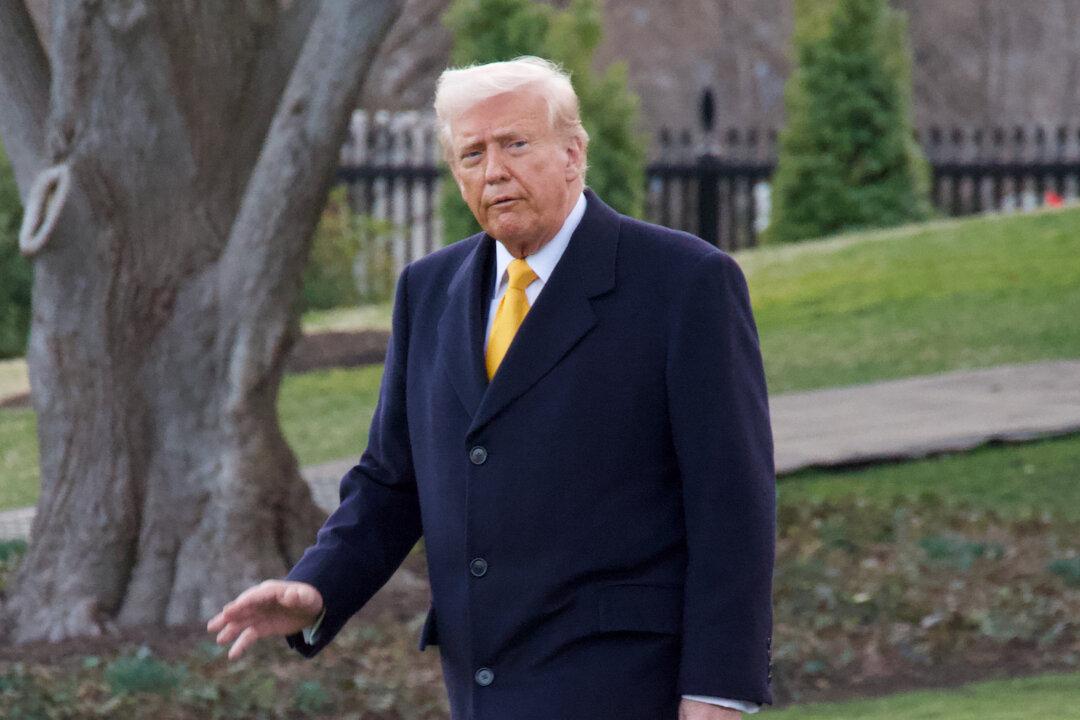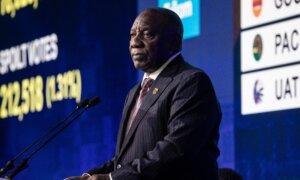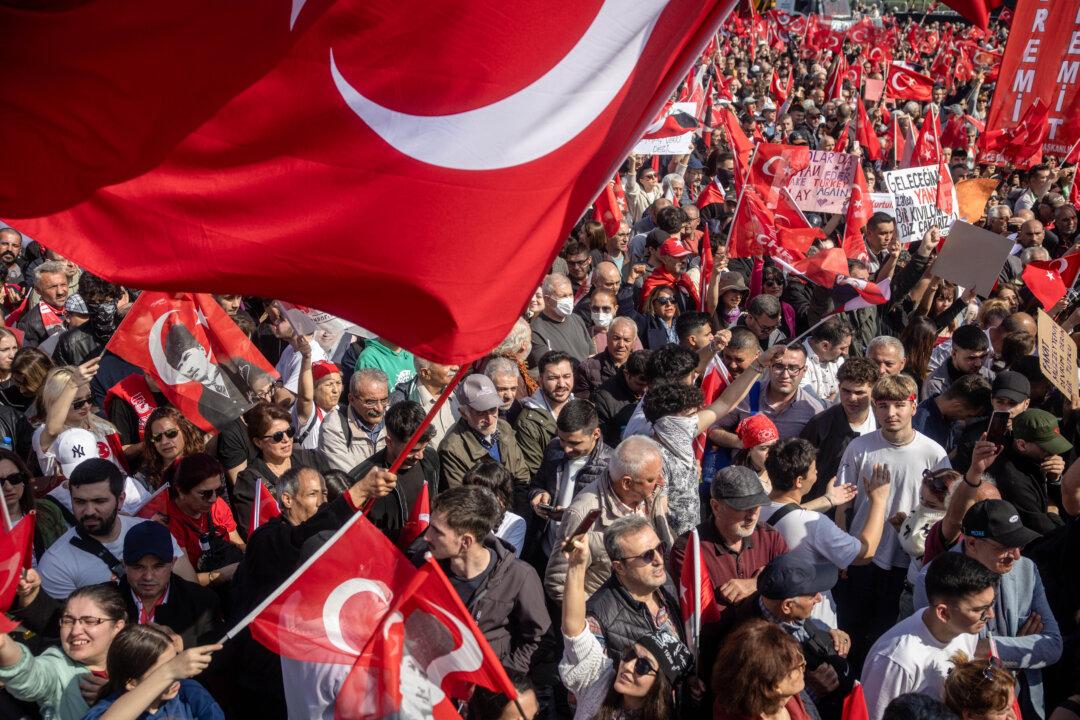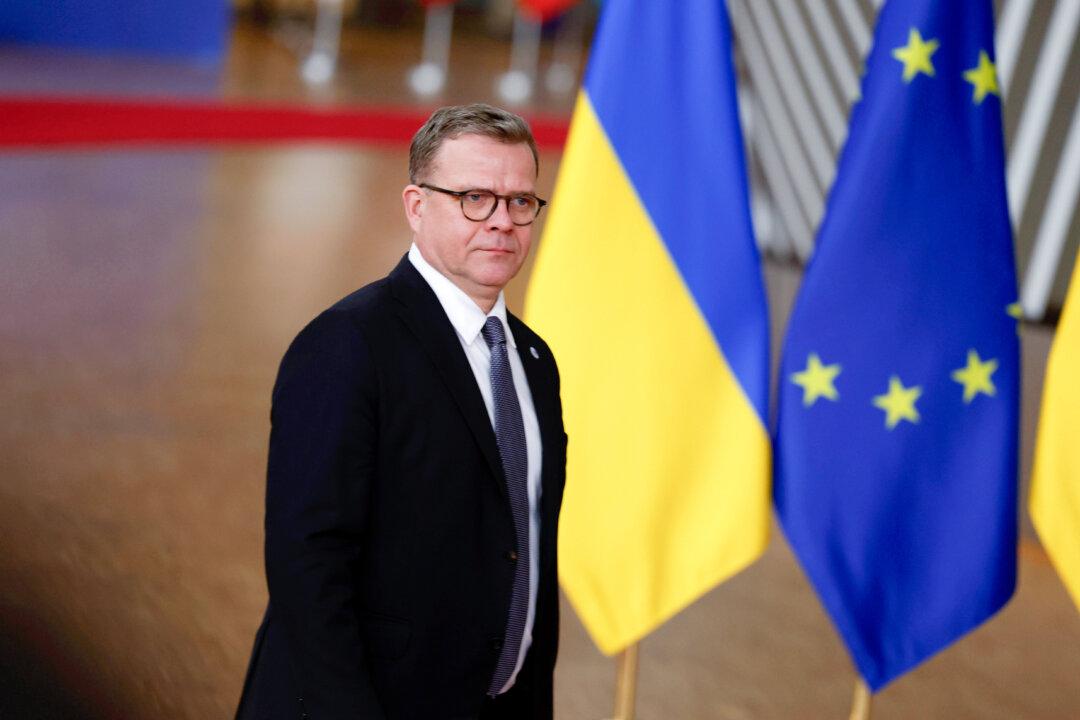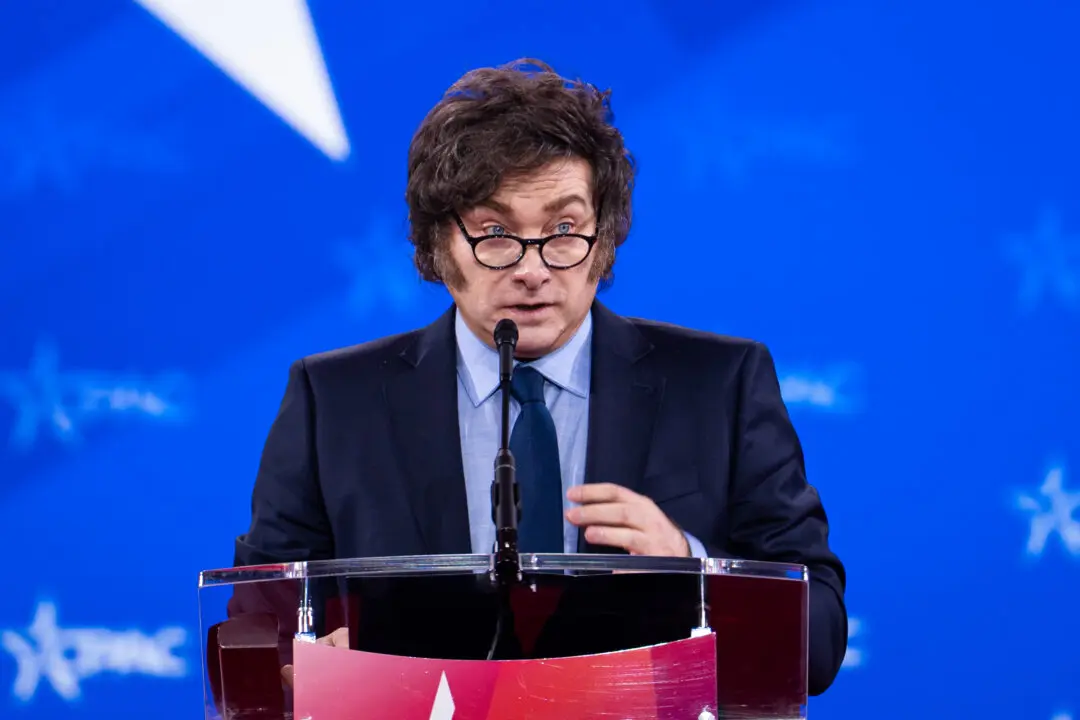The United States is stopping all federal funding to South Africa, President Donald Trump said on March 7, adding that farmers looking to leave would be welcome in the United States.
“To go a step further, any Farmer (with family!) from South Africa, seeking to flee that country for reasons of safety, will be invited into the United States of America with a rapid pathway to Citizenship. This process will begin immediately!”
The government in South Africa’s capital of Pretoria, in a statement to media outlets, responded to Trump’s post by saying it was not going to “partake in counterproductive megaphone diplomacy” and that the country remained “committed to building a mutually beneficial bilateral trade, political and diplomatic relationship with the United States.”
South African President Cyril Ramaphosa signed a bill into law on Jan. 23 that allows provincial and national authorities to “expropriate land in the public interest” for various reasons, “subject to just and equitable compensation being paid.”
The expropriation law aims to address racial disparities in land ownership. Thirty years after apartheid ended, most farmland remains owned by white people, who make up just over 7 percent of the population.
That directive stated that the United States would “promote the resettlement of Afrikaner refugees escaping government-sponsored race-based discrimination, including racially discriminatory property confiscation.”
In February, lobbying group AfriForum, which advocates for Afrikaner rights, and the trade union Solidarity visited Washington to meet with White House officials.
AfriForum and its affiliates say that the white minority Afrikaner community is under attack, citing the deaths of Afrikaner farmers and land policies as a threat to their existence.
The group posted pictures on social media of its officials at the White House wearing visitor tags.
At the time, Ramaphosa said the conduct and acts of AfriForum and Solidarity leaders were contrary to the spirit of nation-building.
“That is not a nation-building process of running around the world to try and have your problems solved, you are just sowing divisions,” Ramaphosa told reporters. “We should stop running to other countries; we should discuss our own problems here and find solutions. That in many ways confirms our sovereignty.”
In response, AfriForum CEO Kallie Kriel, who was part of the Washington delegation, said it was ironic that Ramaphosa accused AfriForum of causing division when the African National Congress, which has ruled South Africa since the end of apartheid in 1994, was responsible.
“It’s President Ramaphosa that signed the Expropriation Act. It’s President Ramaphosa that refuses to condemn slogans such as ‘Kill the Boer,’” Kriel said in February. “It’s President Ramaphosa that denies the existence of farmer murders. It’s also President Ramaphosa that ignores letters from AfriForum solidarity and the solidarity movement that [are] written to him.”
Boer is an Afrikaner word for farmer.
Ramaphosa said at the time that South Africa was keen on engaging with Trump to resolve the ongoing impasse with his administration.
